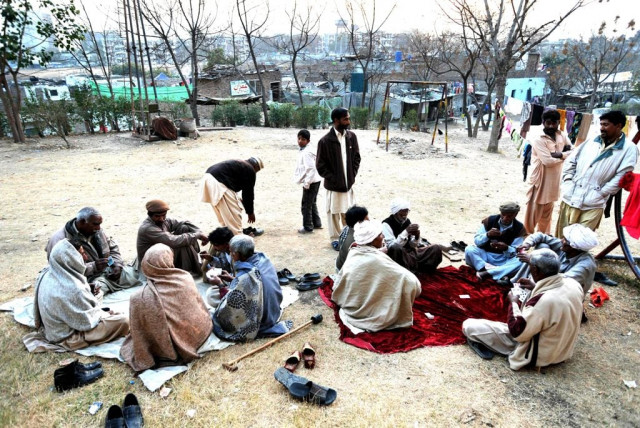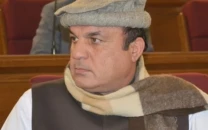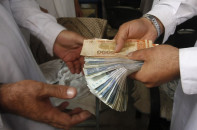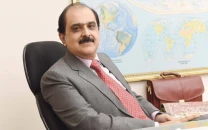PEW Report — Part 2: Bleak future foreseen by a majority of Pakistanis
90% remain dissatisfied with country’s direction, economy: Report.

A significant majority of Pakistanis have little faith in the current government and offer bleak assessments of the country’s future — in the aftermath of a bruising civil and judicial leadership faceoff, incessant power outages and civil strife.
The economy
According to a report published by the Pew Research Centre, a 43% plurality of Pakistanis expect the economy to get worse over the next 12 months — with only 26% bucking the trend and predicting that it will improve. Despite a pervading sense of scepticism in the country, more optimism was recorded as compared to 2011 when a staggering 60% said that the country’s economic situation would worsen in the coming year. Amidst broad discontent with national conditions, an overwhelming nine out of ten remain dissatisfied with the country’s direction and the national economy.
According to the report – findings of which were based on 1,206 face-to-face interviews of adults conducted from March 28 to April 13, 2012 (representing roughly 82% of the adult population) – the biggest obstacles for Pakistan were cited as crime, lack of jobs and terrorism. The report suggests that country satisfaction has changed only slightly since last year, when only 6% said the country was headed in a positive direction.
The trends that emerge from this research reflect a diminishing trust in the economy — a meagre 9% rated it positively, reflecting a sharp decline in economic ratings since the beginning of the global economic recession. In 2007, 59% said the economy was doing well; by 2008, this percentage had dropped to 41% and has continued to fall since then.
Crime and jobs
Increasing incidence of violence and lack of security echoed throughout the country in 2012 with crime and unemployment topping the list of national concerns. A close third was the issue of terrorism (86%) and roughly three-quarters remained concerned about corrupt political leaders (78%).
Leaders
On the political front, dissatisfaction with the current government and leaders was apparent. According to the report, President Asif Ali Zardari (with 14% approval ratings) and deposed prime minister Yousaf Raza Gilani (36%) continue to be unpopular, while two of their political opponents have garnered positive reviews from the public in general.
Pakistan Tehreek-e-Insaf chairman Imran Khan topped the ratings chart of the leaders with seven-in-ten respondents in favour of him. Favourable ratings of the PTI leader have increased by 18 percentage points over the past two years.
The main opposition party’s leader, Nawaz Sharif, is also popular with 62% approval ratings — however; Nawaz’s reviews have slipped somewhat since 2008.
Chief of Army Staff General Ashfaq Parvez Kayani and Chief Justice Iftikhar Muhammad Chaudhry remained popular with more than half of Pakistanis.
Rating institutions
According to the polls, the military remains the most highly-rated institution in Pakistan — 77% say it has a good influence on the country. Roughly 58% also say this about the court system.
Large majorities rated influence of the media (68%) and religious leaders (66%) as positive. In the past year, however, favourable reviews of the media have declined by 8 percentage points.
Despite the heightened conflict between the government, military and judiciary, few seemed concerned about the rift between these national institutions. Just two-in-ten think these conflicts are critical.
Fighting terrorism
Given Pakistan’s position as one of the frontline states in the war on terror, public opinion shows that people are less willing to use its own military to combat extremist groups.
It seems that concerns about extremism have subsided since 2009 — 69% were concerned that extremists might take control of Pakistan in 2009 as compared to 52% today.
Published in The Express Tribune, June 29th, 2012.



















COMMENTS
Comments are moderated and generally will be posted if they are on-topic and not abusive.
For more information, please see our Comments FAQ